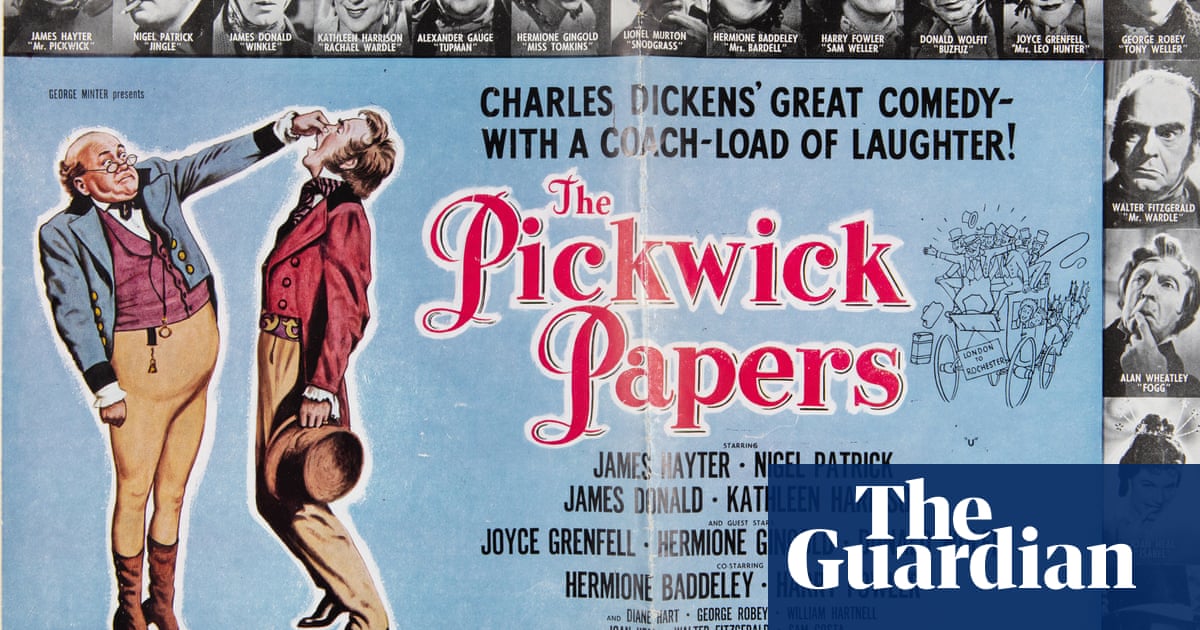
"He believed he had a strong perception of character and oddity, and a natural power of reproducing what he observed in others."
"Dickens never abandoned his love of theatre, which is examined in detail in a new exhibition at the Charles Dickens Museum in London."
"His stories' dramatic quality has lent them easily to innumerable adaptations over two centuries, from pirated plays to modern films."
"Simon Callow stated that performing was central to Dickens's life, reflecting how his theatrical passion influenced his literary career."
Charles Dickens, at 20, sought an audition with a prominent theatre manager but missed it due to illness. This moment raises a fascinating question: would his literary success be different without that cold? While he pursued journalism instead, Dickens's love for theatre remained a powerful influence, shaping his storytelling style which included serial publishing and public performances. An exhibition at the Charles Dickens Museum explores this connection further and underlines how his dramatic narratives have led to countless adaptations, spanning from Victorian plays to modern films. The essence of Dickens’s theatricality remains integral to his literary legacy.
Read at www.theguardian.com
Unable to calculate read time
Collection
[
|
...
]